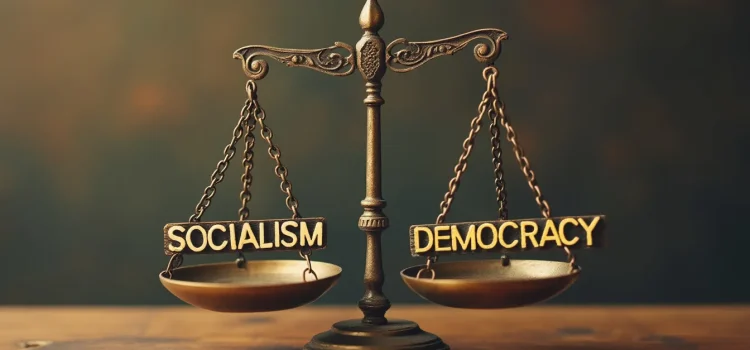Are resources in America really scarce? How is bureaucracy holding America back? In Abundance, Ezra Klein and Derek Thompson argue that America can create a world of plentiful resources and improved living standards, but is being held back by manufactured scarcities and barriers. Their answer is to remove bureaucratic obstacles while reinvigorating scientific innovation. Here’s a look at what the “abundance agenda” is and why it represents a new direction for liberalism.
What Is the “Abundance Agenda”? Klein and Thompson Explain










